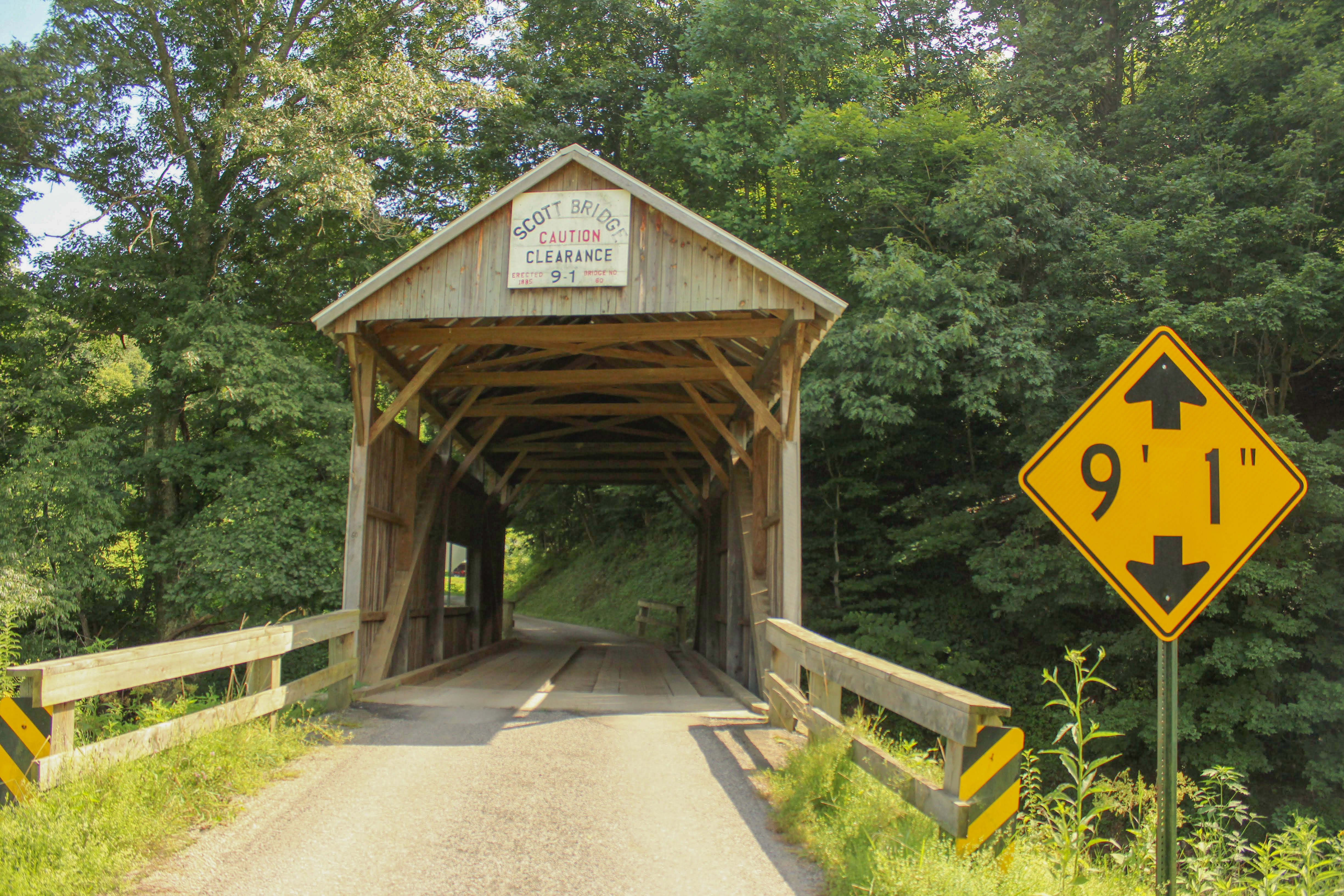
Carnegie Mellon Leads DOE Team Improving Rural Mobility
The United States Department of Energy (DOE) is funding a collaborative team lead by Carnegie Mellon’s Sean Qian as they attempt to change the landscape of rural transportation in Southwestern Pennsylvania’s Greene County. The interdisciplinary team includes Co-PIs Rick Stafford and Karen Lightman of Carnegie Mellon’s Metro21: Smart Cities Institute and Co-PIs Chris Hendrickson and Costa Samaras of Carnegie Mellon’s Department of Civil and Environmental Engineering, alongside deployment partners at Greene County, Waynesburg University, Pittsburgh Region Clean Cities, 412 Food Rescue, and the National Renewable Energy Laboratory (NREL).Modern innovations in transportation mean that it has never been easier to get around, however these advances have largely bypassed rural America. To quote the team’s proposal, “mobility services to rural areas are insufficient, inefficient, unaffordable, and inaccessible,” while rural driving trips are “likely to be expensive, long, with a single trip purpose, and thus, energy inefficient.”
Encompassing the southwestern corner of Pennsylvania and bordered by neighboring West Virginia, Greene county is about 90 percent rural. With its proximity to partners in Pittsburgh and the local presence of Waynesburg University, it is the ideal test bed for this innovative rural county mobility platform (RAMP) that may be replicated in rural counties across the U.S.
“The Greene County Commissioners are so pleased to see the collaboration between Carnegie Mellon University, Waynesburg University, and the County of Greene,” say’s Chairman Blair Zimmerman of the Greene County Board of Commissioners. “We look forward to seeing the outcome and hope that this is the first of many projects that we work on together.”
Waynesburg University is located in the county seat of Greene County, with strong connections to the surrounding rural communities.
“Our growing relationship with Carnegie Mellon University as well as our ongoing commitment to community and economic development have helped lead us to this outstanding opportunity for Greene County,” says Waynesburg University President Douglas G. Lee. “We are proud to partner with CMU on this project, working together to have a positive impact on our region.”
The RAMP will be a hybrid service consisting of two complementary components: a volunteer-based ridesharing system and a structured shuttle service, both designed and optimized using available data. Feedback from county residents will shape the “human-centered design” process, while an online platform and phone-based system will support trip reservations, volunteer-request matching, and information dissemination. The project will take a holistic approach, centered around user access to health care, community-based services, their place of work, and food.
Project partner 412 Food Rescue has already found great success combatting issues of food waste and insecurity in urban areas.
“Our technology platform has supported the scale of food recovery in the Pittsburgh area and is now being replicated in other cities, but we’re interested in understanding how best to alleviate food insecurity in rural areas as well,” says Co-founder and CEO Leah Lizarondo. “Additionally, we want to respond to requests to utilize our platform to address mobility and transit access. This project with CMU and Greene County allows us to explore how our technology-coordinated, community-powered model can be adapted to meet even more challenges.”
NREL is a DOE national lab working towards breakthroughs in energy efficiency, sustainable transportation, and renewable power technologies.
“The National Renewable Energy Laboratory, and specifically the Mobility Systems Group at NREL, is excited to extend our CMU partnership to research and address rural citizens’ mobility needs for enhanced quality of life, while taking into account energy efficiency and sustainability,” says NREL team lead Dr. Stanley Young.
Pittsburgh Region Clean Cities (PRCC) is a local partner of the DOE’s Clean Cities Coalition Network working to support local actions to reduce petroleum use in transportation.
Leading the project is Henry Posner, Anne Molloy, and Robert and Christine Pietrandrea Associate Professor Sean Qian of Carnegie Mellon’s Department of Civil and Environmental Engineering and Heinz College. Qian serves as director of the Mobility Data Analytics Center (MAC). Joined by Distinguished Service Professor Richard Stafford of the Heinz College of Public Policy and Director Karen Lightman of Metro21: Smart Cities Institute, the Carnegie Mellon team brings multidisciplinary expertise in large-scale data mining, optimization, transportation planning and engineering, sensing and communication technologies, and public policy.
"This project has the potential to advance the fundamental knowledge of how energy-efficient, affordable mobility services can work in rural America, enabling them to be systematically planned, operated, and monitored, inherently merged with system-level modeling. Mobility services in rural counties have been overlooked for decades, but they are critical to social welfare, energy usage, and the local population’s quality of life.” says Qian.